Fall Screening | Listen to the Voice of the Times in Chinese Cinema
The Fall Screening of the 2023 Beijing International Film Festival (BJIFF) specially set up the “Classic Chinese Film” section with both artistic and historical value. It consists of two themed sections, namely “Pioneering Films” and “Filmized Stage Plays”. The “Pioneering Films” section collectively showcases the rich fruits of Chinese cinema in the 1930s-1940s, in which eight excellent films will be screened, including Eight Thousand Li of Cloud and Moon, A Poem of the Great Wall, Street Angel, Myriads of Lights, Crossroads, Crows and Sparrows, Sorrows of a Bride, and The Spring River Flows East.
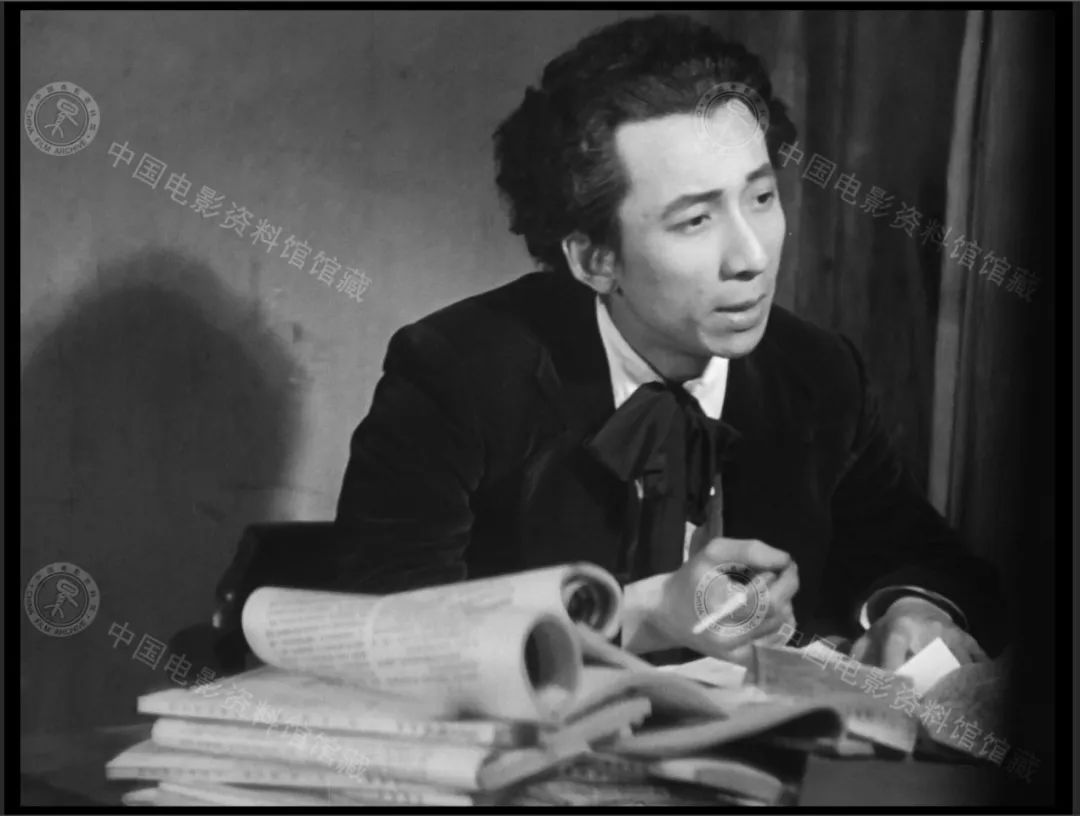
A Poem of the Great Wall (1935)
The film, directed by Xu Xingzhi and written by Tian Han and Xia Yan, tells the story of Xin Baihua, a young poet who resolutely puts aside personal feelings and throws himself into the fight to resist Japan and save the nation. Yuan Muzhi, hailed as “a man of many faces on stage”, has contributed brilliant performance in the film, and the March of the Volunteers, a melody deep in the heart of every Chinese, also appears in it as the theme song.
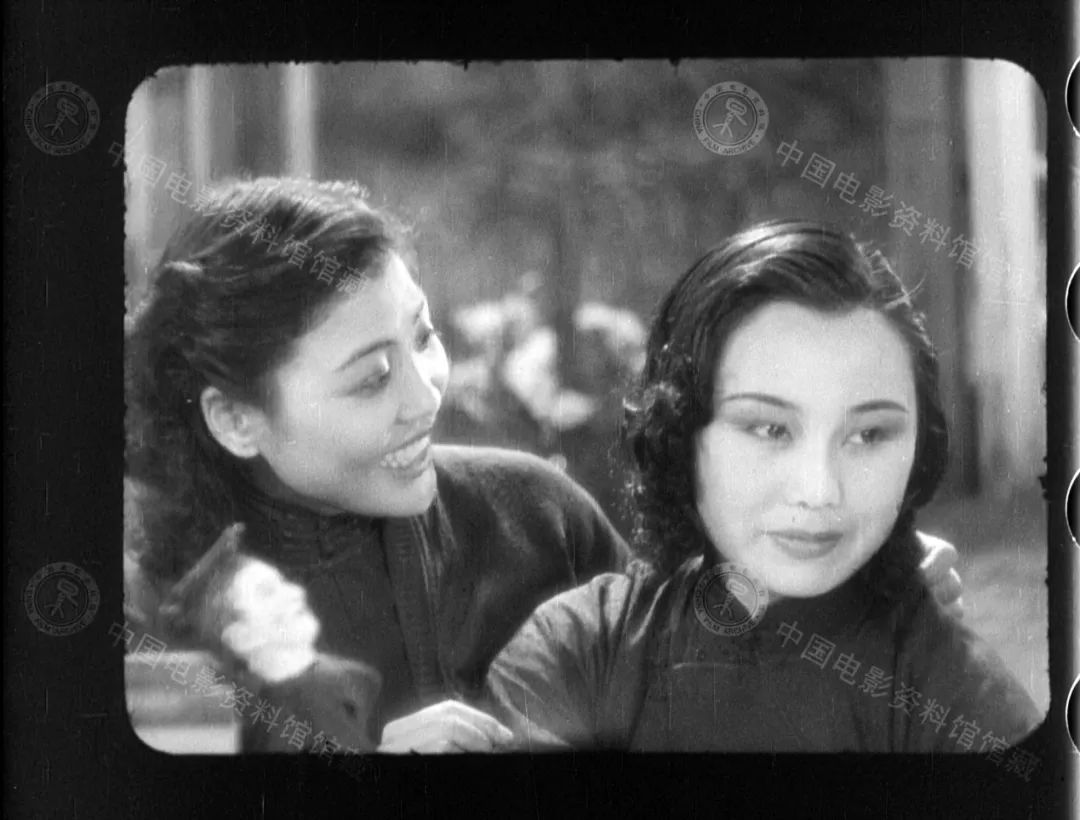
Crossroads (1936)
The film, directed by Shen Xiling, which integrates China's issues of times with Hollywood-style storytelling, reflects the anguish, hesitation and awakening of the intellectual youth in the 1930s, making it a classic film that can rival the Street Angel. Through these two classic films of vitality and romance with strong characteristics of the times, Zhao Dan has established an important position on China's big screen.
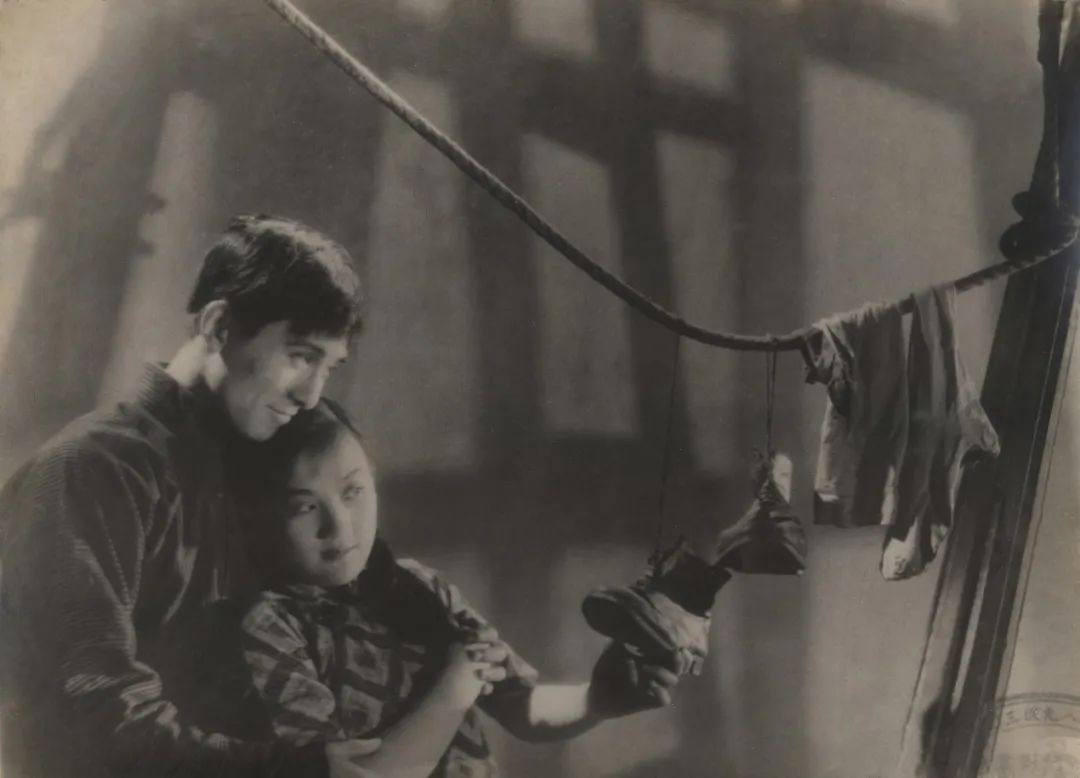
Street Angel (1937)
The film, starring Zhou Xuan, Zhao Dan, Wei Heling and other famous performance artists, represents the glory of Chinese film in the 1930s to some extent. After the full-scale outbreak of China's War of Resistance against Japanese Aggression, the booming Shanghai film market was hard hit, forcing Chinese filmmakers to find a new way out. In this film, director Yuan Muzhi, photographer Wu Yinxian, editor Qian Xiaozhang and other filmmakers chose to carry out film activities in Yan'an, and established the Yan’an Film Group as major creative forces. Since then, it was these pioneers of the Chinese film industry who have participated in the founding of the Northeast Film Studio, dubbed the “cradle of new China's cinema”.
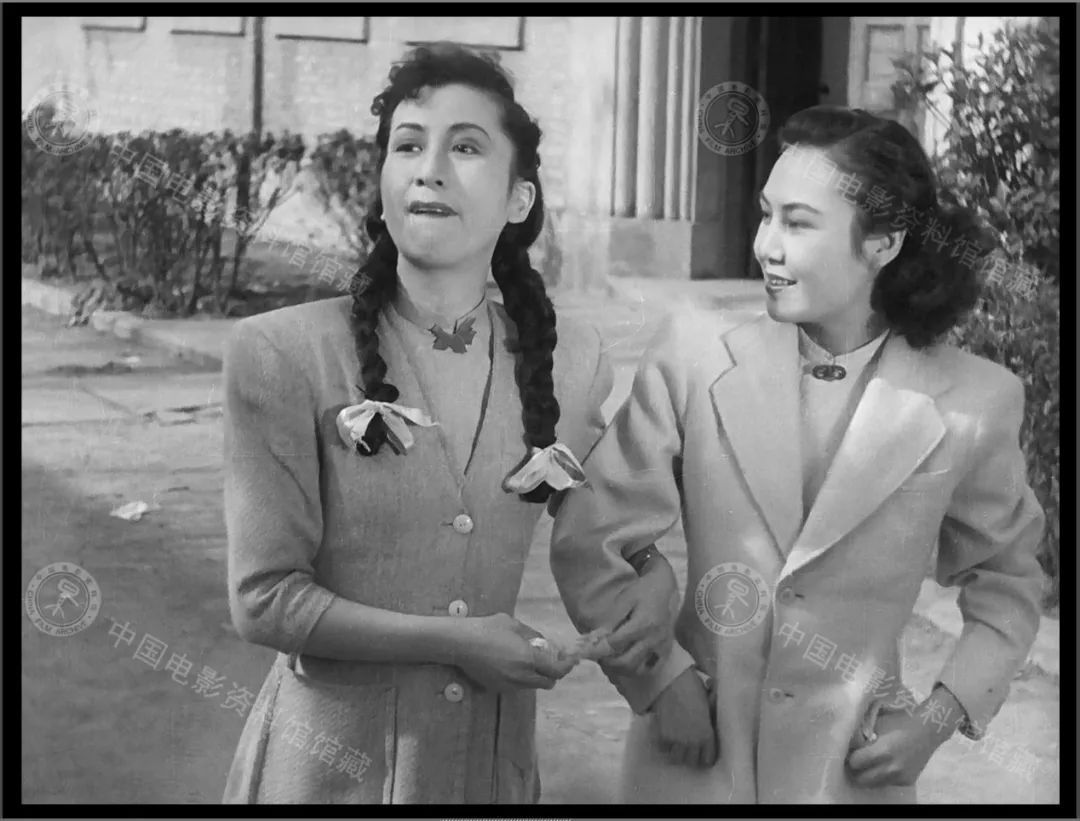
Eight Thousand Li of Cloud and Moon (1947)
The film, co-directed by Shi Dongshan and Wang Weiyi, shows the experience and fate of the anti-enemy acting troupe during and after the war in a documentary way, and vividly reveals the dark reality of Kuomintang-controlled areas at that time. It is the first film with huge social response after China's War of Resistance against Japanese Aggression. Tian Han praised that the film “has laid a foundation for post-war Chinese film art, and reached a certain level”. Cai Chusheng also stated that this film should be Shi Dongshan’s “best poem before liberation”.
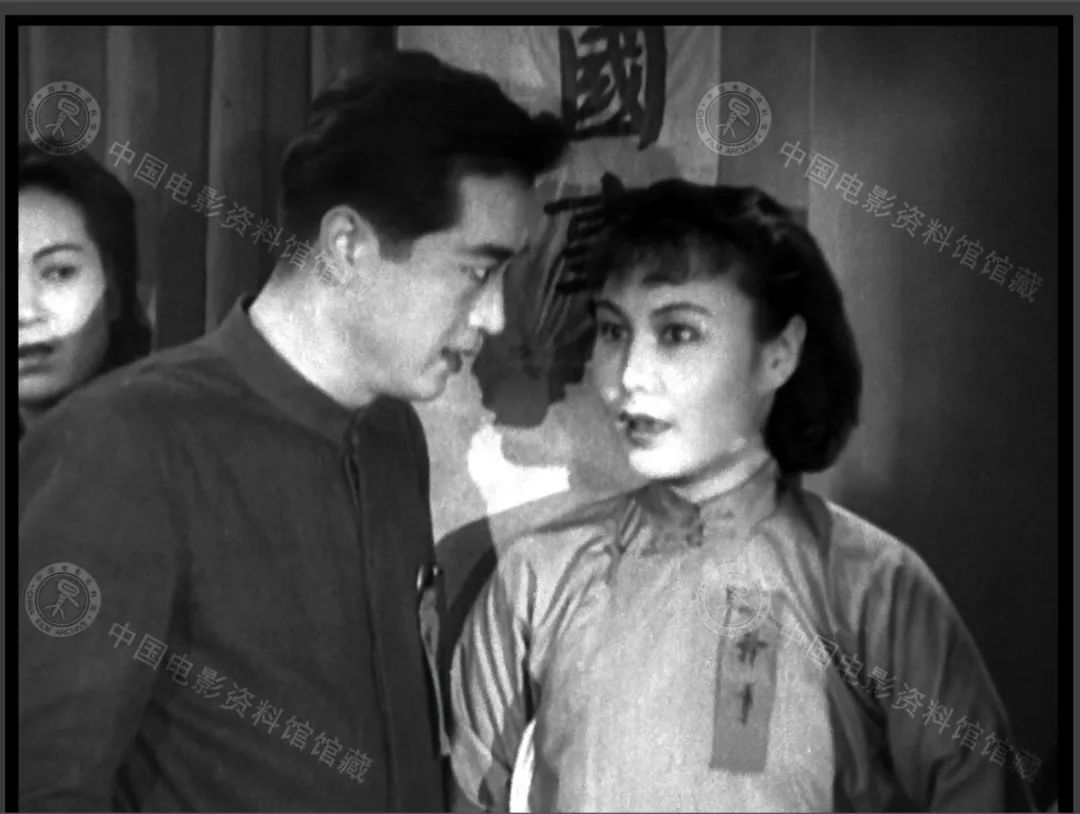
The Spring River Flows East (1947)
The film is a masterpiece in Chinese film history that displays the national film culture. Jointly written and directed by Cai Chusheng and Zheng Junli, and starring Bai Yang, Tao Jin, Shu Xiuwen, Shangguan Yunzhu, Wu Yin and other famous actors, it tells the story of ordinary people in big times amid China’s War of Resistance against Japanese Aggression. The film caused a sensation upon its release, attracting a large number of viewers. The realistic work is everlasting, and it still has the power to touch people even to this day.
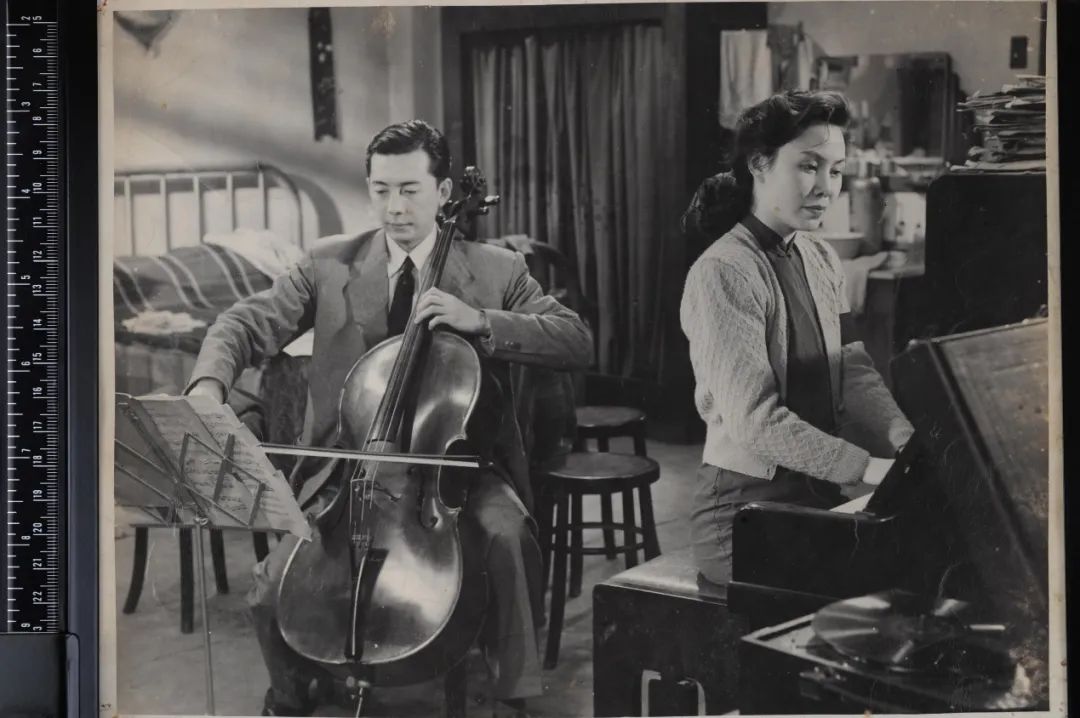
Sorrows of a Bride (1948)
Sorrows of a Bride and Eight Thousand Li of Cloud and Moon together represent director Shi Dongshan’s continuation and crystallization of ideological and artistic development since the War of Resistance against Japanese Aggression. In the social environment at that time, women were facing various pressures, such as love, family, financial independence and social ideals, and this film was released to conduct discussions on women’s issues. The film has reached the peak of realistic film creation in terms of artistic expression, and represented the mainstream of post-war progressive cinema.
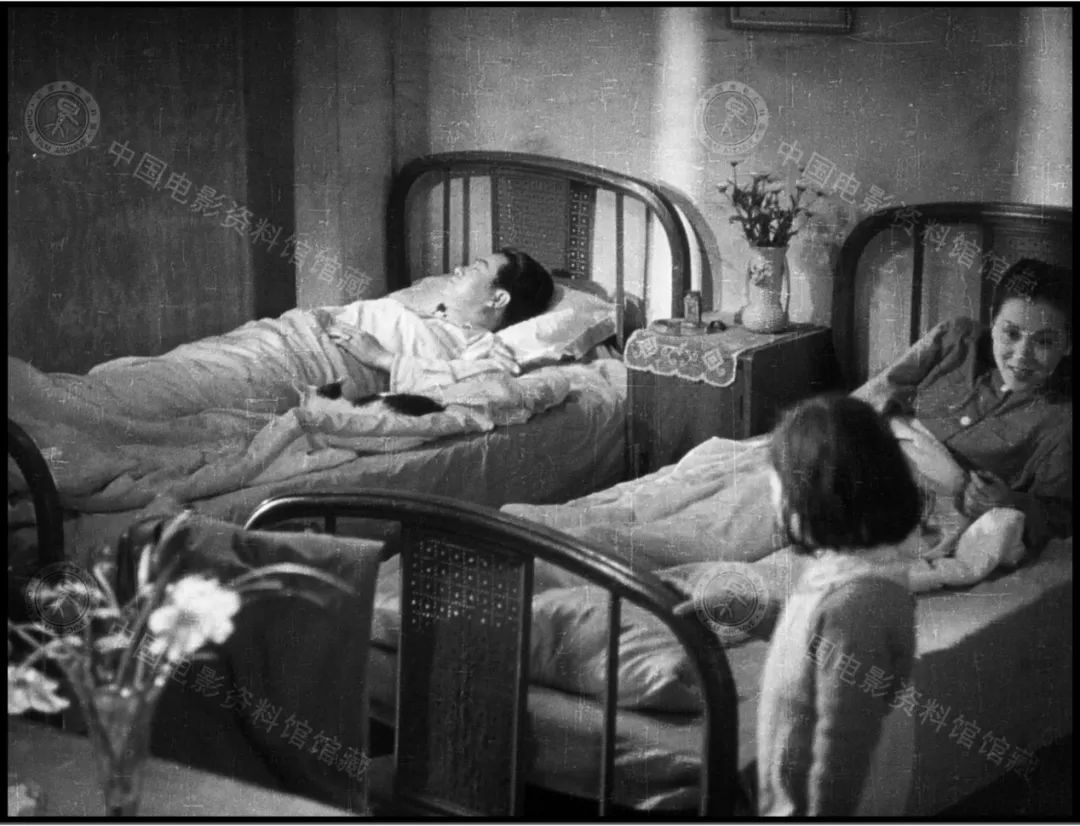
Myriads of Lights (1948)
The film, directed by Shen Fu and starring Shangguan Yunzhu and Lan Ma, presents the social reality through families, and focuses on ordinary people. It depicts a living picture of people in Shanghai from the end of the anti-Japanese war to liberation. Shen Fu's creative skills and artistic techniques all come from his life experience. The film turns its narrative perspective to the living conditions of ordinary people, and reflects big issues through small things, showcasing very high value of critical realism. Shangguan Yunzhu played a good wife and mother in the film, which is totally different from her previous characters similar to a social butterfly. The director praised that “she understands films, and is full of emotions and feelings when facing the camera, paired with decent and rhythmic performance.” Her performance has been elevated to a new level, and got rid of the stereotype of “vase” characters.
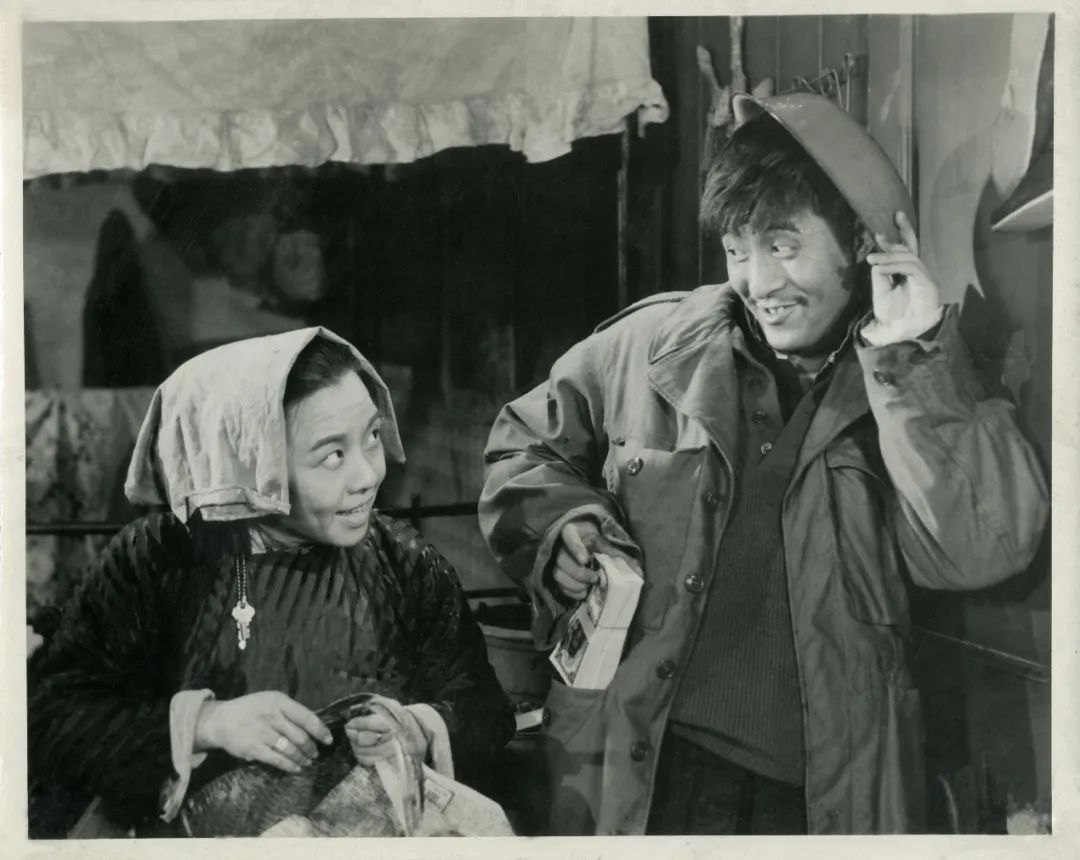
Crows and Sparrows (1949)
The film was directed by Zheng Junli and written by Chen Baichen, Shen Fu, Xu Tao and other excellent left-wing playwrights. Starring Zhao Dan has carefully created the role of “Xiaoguangbo” with clear, delicate and three-dimensional presentation, and vividly presented the different states of a small citizen in difficulties on the screen. Sun Daolin, Wei Heling, Shangguan Yunzhu, Li Tianji, Huang Zongying and other excellent performance artists have also contributed superb performance in the film.

The eight domestic films in the “Pioneering Films” section are very mature in terms of ideological connotation, creative style and technical production, and are not inferior to similar films in the world at that time. Let’s look back on that golden age together, listen to the voice of the times, and feel the unique “past of Chinese cinema”.
